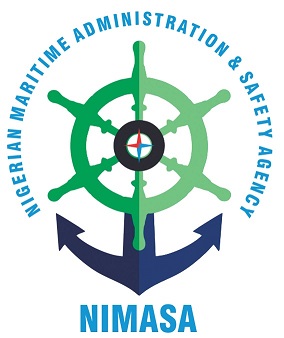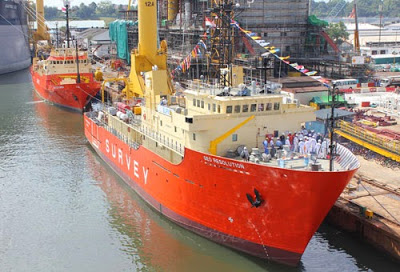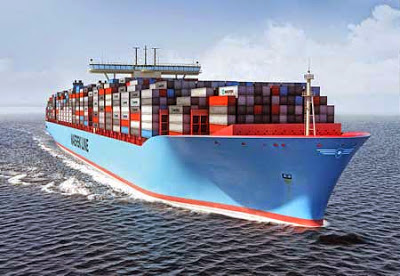|
Shipping will require an
additional 42,500 officers by the end of 2019 to cope with the expected growth in the main cargo carrying fleet, equivalent to 7 percent growth over the five year period. But the persistent shortage of officer crew is receding, according to the latest Manning Report published by global shipping consultancy Drewry.
Current officer supply is in the
order of 615,000 and there is a nominal shortfall of approximately 15,000 officers, which is expected to remain the case until 2019. In the main the shortfall is made up by officers working longer shift patterns.
“There is still a shortage of
officers but the gap between demand and supply has narrowed as the recent growth in fleet size is coming to an end”, said Malcolm Jupe, lead analyst at Drewry.
Although ratings’ remuneration
packages tend to follow the International Transport Workers’ Federation (ITF) standard terms, officer earnings are more market driven; North West Europe is however the principal exception to the rule. In the current market, most shipowners cannot afford significant increases in wage rises and any increases which have been seen between 2014 and 2015 have been modest in nature. It is also the case that ships are getting bigger and larger ships provide more shipping capacity for the same number of vessels. This is also helping to ease some of the pressure on manning.
“Manning is normally the single largest cost head in ship operations. Keeping
these costs under control remains very important to all shipowners, especially when trading conditions are weak, as is the case in some of the key shipping freight markets – such as dry bulk carriers”, concluded Mr Jupe.
Credit: Maritime Trade Intelligence
|
Shipping will require additional 42,500 officers in five years
0
Leave a Reply Cancel reply
Stay Connected test
- Trending
- Comments
- Latest
Book Review: ‘Tomorrow Died Yesterday’ by Chimeka Garricks
August 21, 2022
NDLEA Edo State Commander defends PhD dissertation
November 1, 2025
Veteran editor and media leader Lewis Obi dies
January 30, 2026
MWUN, NASO to strengthen industrial harmony at seaports
January 29, 2026
ICD 2026: FOU Zone A celebrates CGC Adeniyi, TRS launch
January 28, 2026
Nigerian Navy appoints Capt. Folorunsho as new Spokesman
January 28, 2026
OnepageAfrica is your reliable news source for Maritime, Arts and Culture, Society and Lifestyle, and all that interests you.
We keep you informed, educated and entertained on the same page.
Browse by Category
- Arts & Life
- At The Marina Today
- Books
- Business
- CEOs Talk
- Columns
- Culture
- Economy
- Food
- Interviews
- Lessons Learned
- Life at Sea
- Lifestyle
- Maritime Community Hub
- Maritime History
- Mentorship
- News
- Opinions
- People
- Photos
- Podcasts
- Reality Check
- Safety Culture
- Seafarers
- Society
- Sport
- Spotlight
- Sustainable Development
- The Mailbag
- Trade Matters
- Travel
- Uncategorized
- WASH
- Waterside Centre
- Wellness
- Woman Daily
- World
Recent News
Veteran editor and media leader Lewis Obi dies
January 30, 2026
MWUN, NASO to strengthen industrial harmony at seaports
January 29, 2026
© 2025 Onepagafrica - Website created by Alphatrion Concepts.




































































